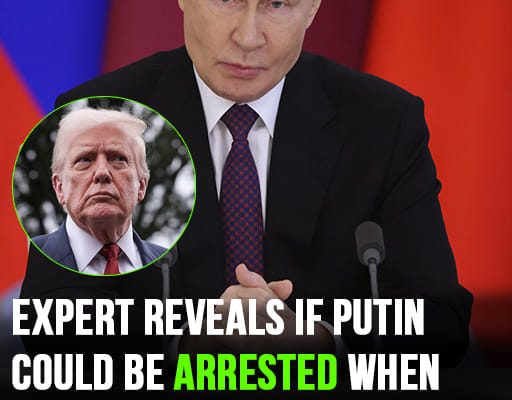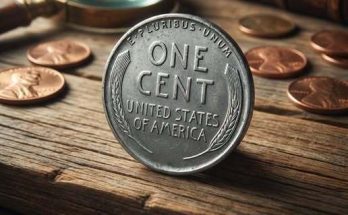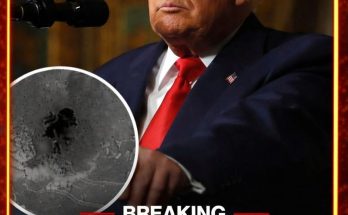Vladimir Putin touched down in Anchorage, Alaska today, August 15, for a high-profile summit with Donald Trump aimed at ending the war in Ukraine. But while the meeting has global stakes, much of the public’s attention is fixed on whether the Russian president—who has an active international arrest warrant—will face any legal consequences on U.S. soil.
Trump, speaking ahead of the summit, told NBC he believes Putin is ready to “make a deal.” Just two days earlier, on August 13, the U.S. president had warned Moscow of “severe consequences” if Russia refused to negotiate an end to the conflict. If talks go well, Trump has suggested the outcome could open the door to a future trilateral meeting with Ukrainian President Volodymyr Zelensky, who remains firm that Ukraine “will not give their land to the occupier.”
This marks the first time Putin has met with a U.S. president on American soil since his tense encounter with Barack Obama in 2015, and his eighth visit to the United States since becoming Russia’s leader in 1999. While Trump and Putin met five times during Trump’s first term, those meetings were held outside the U.S. The last official summit between Washington and Moscow took place in 2021 in Geneva, a year before Russia’s invasion of Ukraine.
The question of arrest lingers heavily over this visit. In 2023, the International Criminal Court (ICC) issued a warrant for Putin’s arrest over alleged war crimes. ICC member states—including the UK, France, Germany, and Canada—are obligated to detain him if he enters their territory. The United States, however, is not a member of the ICC and does not recognize its authority, placing it in the same camp as Russia, China, and several other nations.
Weapons expert Hamish de Bretton-Gordon explained to The Sun that this legal gap is key to Putin’s safe arrival: “A warrant from the ICC means nothing in countries that are not signatories. He wouldn’t have gone anywhere he could be arrested, and Trump will have given him some cast-iron agreement he won’t be detained.”
Alaska also offers strategic advantages. For one, Putin’s flight path keeps him in or near friendly airspace almost the entire way. The location also carries historical symbolism—Alaska was Russian territory until it was sold to the U.S. in 1867 for $7.2 million, roughly two cents an acre.
State Republicans have been vocal in their welcome. Alaska Governor Mike Dunleavy posted on X that the state’s proximity to Russia makes it “the most strategic location in the world,” noting that Alaska’s Little Diomede Island is just 2.4 miles from Russia’s Big Diomede. He called the summit “fitting,” framing Alaska as a historic bridge between nations and a crucial hub for diplomacy, commerce, and security.
The Kremlin is expected to fly Putin out of Alaska on his own aircraft, confident he will face no legal repercussions during his time in the U.S. For now, the world’s eyes are on Anchorage—watching not only for any breakthrough in the war but also for the political theater surrounding Putin’s presence in America.



